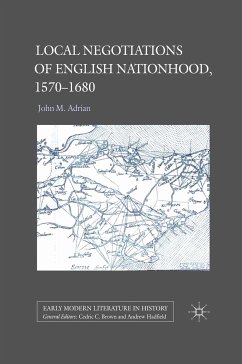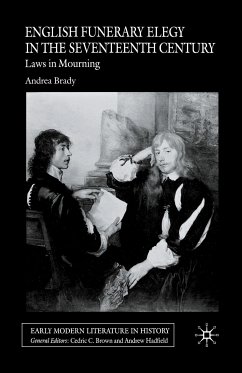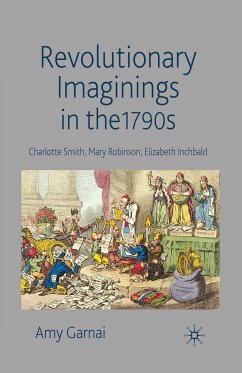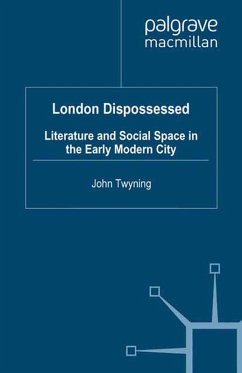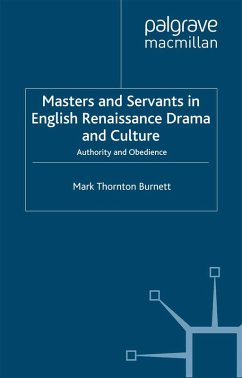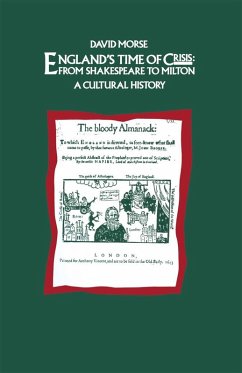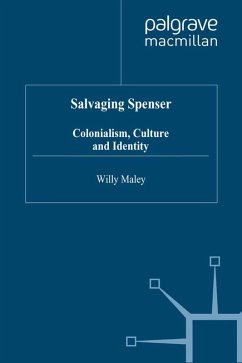
Women Writers and Familial Discourse in the English Renaissance (eBook, PDF)
Relative Values
Versandkostenfrei!
Sofort per Download lieferbar
40,95 €
inkl. MwSt.
Weitere Ausgaben:

PAYBACK Punkte
20 °P sammeln!
This book explores the development of familial discourse within a chronological frame, commencing with the More family and concluding with the Cavendish group. It explores the way in which the support of family groups enabled women to participate in literary production, whilst closeting them within a form of writing that encompassed style or theme.
Dieser Download kann aus rechtlichen Gründen nur mit Rechnungsadresse in A, B, BG, CY, CZ, D, DK, EW, E, FIN, F, GR, HR, H, IRL, I, LT, L, LR, M, NL, PL, P, R, S, SLO, SK ausgeliefert werden.



